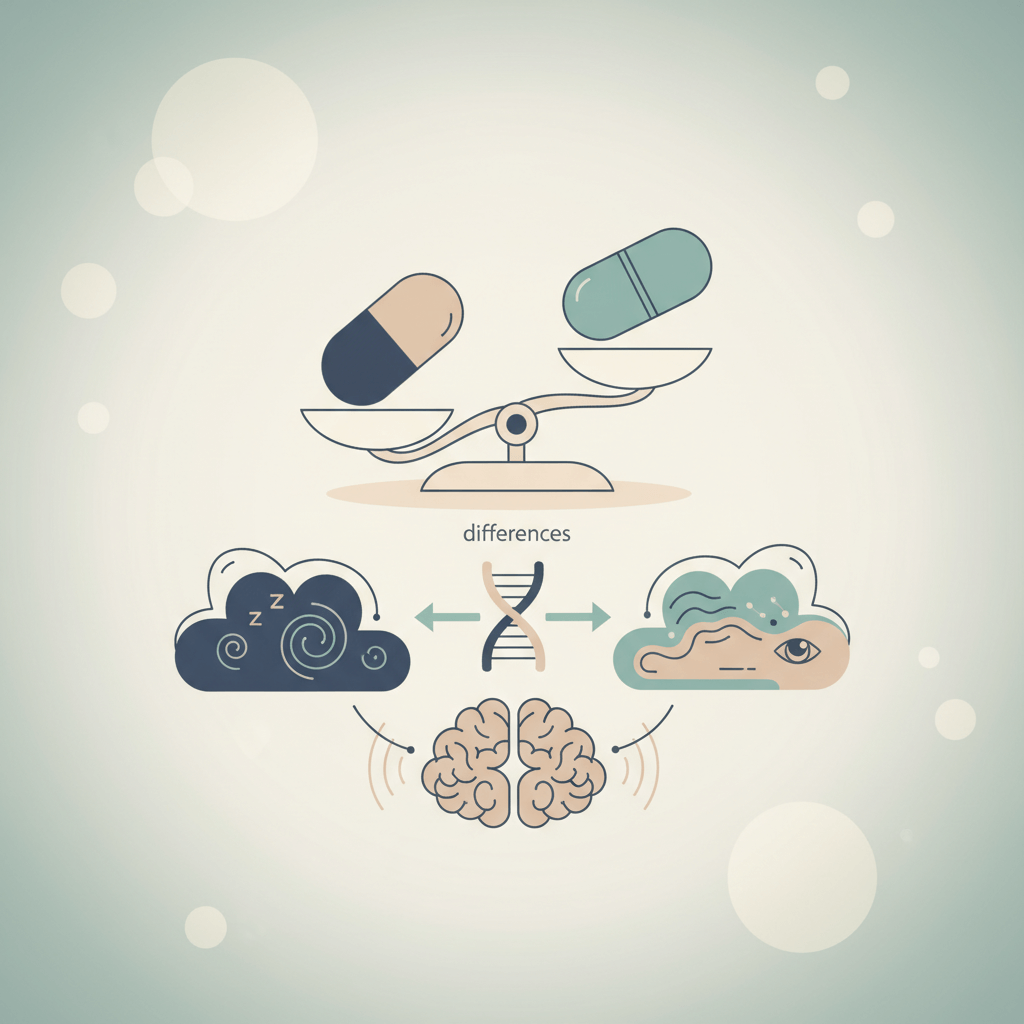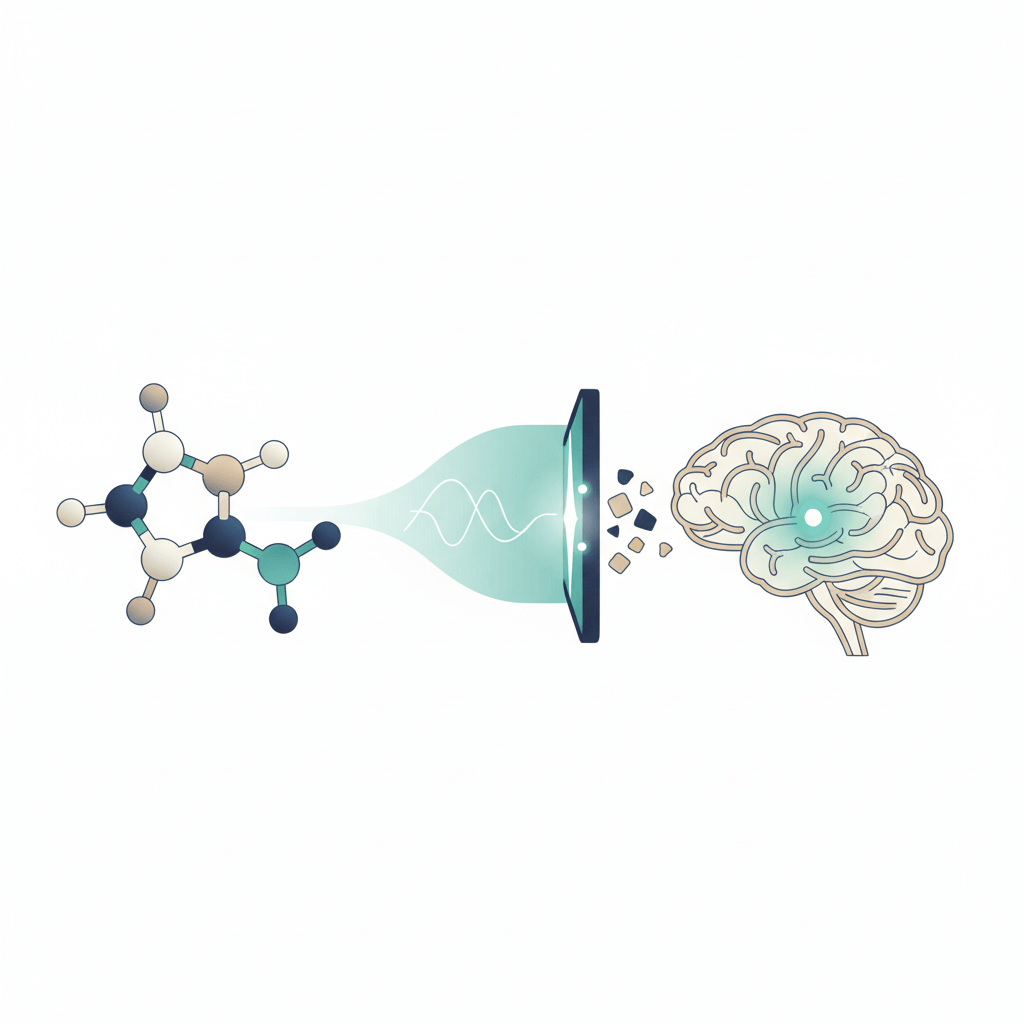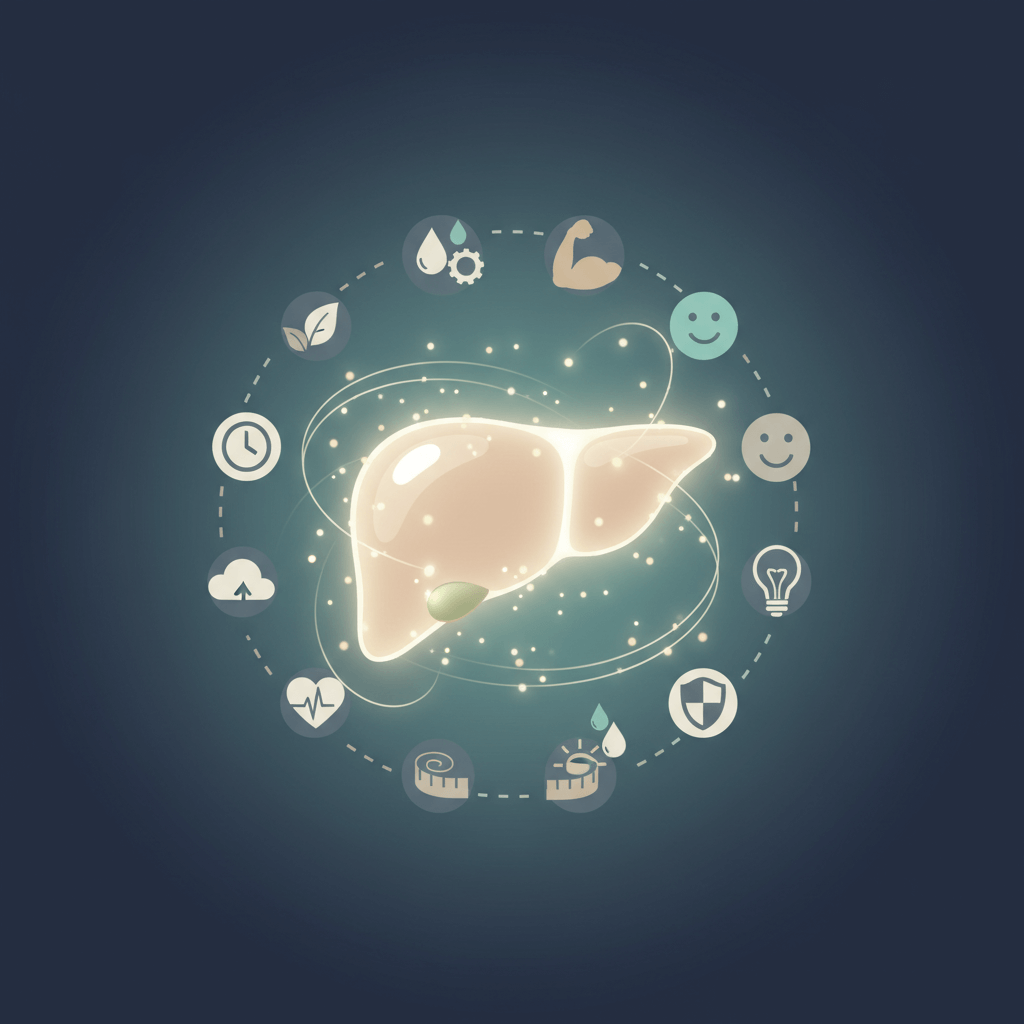Signs of Sex Addiction in Men
Sex addiction, often referred to as compulsive sexual behavior, is characterized by an inability to control sexual urges, thoughts, or behaviors, despite negative consequences. It can manifest in various ways, including excessive consumption of pornography, engaging in risky sexual activities, or becoming preoccupied with sexual fantasies. This compulsive behavior can lead to distress, relationship problems, and even legal issues.
Defining Compulsive Sexual Behavior
Compulsive sexual behavior is not simply about having a high libido. It involves a loss of control over sexual thoughts and actions, which can become overwhelming and disruptive. This behavior is often secretive, with individuals going to great lengths to hide their activities from others. The secrecy adds to the stress and guilt, further entrenching the behavior.
The Difference Between High Libido and Addiction
It's important to differentiate between a naturally high libido and sex addiction. While a high libido is a normal variation in sexual desire, addiction involves compulsivity, loss of control, and negative consequences. Understanding this distinction can aid in recognizing when sexual behavior becomes problematic and requires intervention.
The Impact of Technology on Sex Addiction
The digital age has significantly influenced the prevalence and nature of sex addiction. The internet provides easy access to pornography and online sexual encounters, which can exacerbate compulsive behaviors. Understanding the role of technology can help in addressing the modern challenges of sex addiction.
Common Signs of Sex Addiction
Recognizing the signs of sex addiction is the first step toward seeking help. While these signs can vary from person to person, there are common indicators that suggest a man may be struggling with sex addiction.
1. Preoccupation with Sexual Thoughts
Men with sex addiction often find themselves consumed by sexual thoughts to the point where it interferes with daily life. This preoccupation can lead to neglecting responsibilities at work, home, or in personal relationships.
Impact on Professional Life
The constant intrusion of sexual thoughts can result in decreased productivity and missed deadlines at work. Men may find it difficult to concentrate, leading to errors and decreased work quality. This can jeopardize their careers and professional reputations.
Strain on Personal Relationships
Preoccupation with sexual fantasies often leads to emotional distance from partners, family, and friends. Men may become less attentive or available, causing misunderstandings and conflicts. This can erode trust and intimacy in relationships, leading to isolation.
Disruption of Daily Activities
Sexual thoughts can dominate a man's mind to the extent that it disrupts normal daily activities. Men might find themselves unable to focus on routine tasks, leading to a chaotic and disorganized lifestyle. This disruption can compound stress and anxiety.
2. Escalation of Sexual Behaviors
Similar to substance addiction, sex addiction can involve a need to escalate behaviors to achieve the same level of satisfaction. This might mean seeking more extreme or risky sexual experiences over time.
Seeking Novel Experiences
To maintain the same level of excitement, individuals often seek out new and more intense sexual experiences. This escalation can involve exploring taboo or socially unacceptable activities, increasing the risk of exposure and consequences.
Increased Frequency and Intensity
Men may engage in sexual activities more frequently and with greater intensity over time. This can lead to physical exhaustion and psychological distress, as they struggle to meet escalating desires. Such patterns often result in further entrenchment of addictive behaviors.
The Role of Tolerance
As with substance addictions, individuals may develop a tolerance to certain sexual experiences. This means that previous activities no longer provide the same satisfaction, prompting the search for new and riskier experiences. Understanding this tolerance can help in recognizing the progression of the addiction.
3. Inability to Stop or Control Behaviors
A hallmark sign of sex addiction is the inability to stop or control sexual behaviors, even when they cause harm. This lack of control can lead to feelings of guilt, shame, and helplessness.
Attempts to Quit
Many men with sex addiction make repeated attempts to stop their behaviors without success. These failures can lead to a sense of hopelessness and exacerbate feelings of shame and guilt. Understanding this cycle is important for effective intervention.
Emotional Consequences
The inability to control sexual behavior often results in intense emotional turmoil. Men may experience a rollercoaster of emotions, including regret, anxiety, and depression. These emotions can further fuel the addiction, creating a vicious cycle.
Impact on Self-Esteem
Repeated failures to control sexual behavior can take a toll on a man's self-esteem. They may begin to view themselves negatively, believing they lack willpower or are inherently flawed. This negative self-image can hinder recovery efforts.
4. Neglecting Relationships
Sex addiction often leads to neglecting important personal relationships. Men may prioritize sexual activities or fantasies over spending time with loved ones, leading to strained or broken relationships.
Prioritization of Addiction
Men may prioritize their addiction over meaningful relationships, causing loved ones to feel undervalued and neglected. This can lead to resentment and emotional distance, further complicating recovery efforts.
Loss of Emotional Connection
The focus on sexual behavior can result in a loss of emotional intimacy with partners. Men may become emotionally unavailable, leading to dissatisfaction and conflict in relationships. Restoring emotional connections is a critical part of recovery.
Impact on Family Dynamics
Sex addiction can disrupt family dynamics, affecting children and extended family members. The stress and tension within the household can create an unhealthy environment, impacting the overall well-being of all family members.
5. Engaging in Risky Behaviors
Men with sex addiction may engage in risky behaviors, such as having unprotected sex with multiple partners or engaging in sexual activities that could lead to legal trouble. These actions can endanger their health and well-being.
Health Risks
Engaging in risky sexual behavior increases the risk of sexually transmitted infections (STIs) and other health issues. Men may neglect their health in pursuit of sexual gratification, leading to severe consequences.
Legal and Social Consequences
Risky behaviors can also result in legal issues, such as arrests or legal battles. The social stigma associated with these behaviors can lead to reputational damage, job loss, and further isolation.
Financial Implications
Risky sexual behaviors can have significant financial implications. Legal fees, medical bills, and potential loss of employment can create financial instability, adding to the stress and challenges of recovery.
6. Using Sex as an Escape
For some men, sex becomes a way to escape from stress, anxiety, or other emotional issues. This reliance on sexual activity as a coping mechanism can exacerbate the addiction and make recovery more challenging.
Emotional Escape
Sexual activity may provide temporary relief from emotional pain or stress. However, this escape is short-lived and can lead to deeper emotional issues over time. Recognizing this pattern is crucial for addressing underlying emotional problems.
Avoidance of Problems
Using sex as an escape can lead to the avoidance of real-life problems. Men may use sexual behavior to distract themselves from unresolved issues, preventing them from addressing and resolving these problems effectively.
The Cycle of Dependency
The reliance on sex as a coping mechanism can create a cycle of dependency. As men become more dependent on sexual activities for emotional relief, the addiction becomes more entrenched, making recovery increasingly difficult.
The Importance of Treatment
sex addiction treatment for men
Seeking treatment for sex addiction is essential for breaking the cycle of compulsive behavior and reclaiming one's life. Treatment can help individuals understand the underlying causes of their addiction, develop healthier coping strategies, and repair damaged relationships.
Therapy and Counseling
Therapy is a key component of sex addiction treatment. Cognitive-behavioral therapy (CBT) is often used to help individuals identify and change negative thought patterns and behaviors. Group therapy can also provide a supportive environment where men can share experiences and learn from others facing similar challenges.
Cognitive-Behavioral Therapy (CBT)
CBT focuses on identifying and changing negative thought patterns that contribute to addictive behaviors. Therapists work with individuals to develop healthier ways of thinking and coping, which can be instrumental in overcoming addiction.
Group Therapy Benefits
Group therapy provides a supportive community for individuals in recovery. Sharing experiences and challenges with others facing similar issues can reduce feelings of isolation and provide valuable insights into the recovery process.
The Role of Individual Therapy
Individual therapy offers personalized support and guidance. Therapists can work closely with individuals to address specific challenges and develop tailored strategies for managing addiction. This one-on-one approach can be highly effective in promoting recovery.
Support Groups
Support groups, such as Sex Addicts Anonymous (SAA), offer a safe space for individuals to connect with others in recovery. These groups provide accountability, encouragement, and a sense of community, which can be invaluable on the road to recovery.
Building a Community
Support groups foster a sense of community among members. Individuals can connect with others who understand their struggles, providing a network of support that is crucial for sustained recovery.
Accountability and Encouragement
Being part of a support group encourages accountability. Members hold each other accountable for their actions and progress, while also offering encouragement and motivation to continue on the path to recovery.
Sharing Experiences
Support groups provide a platform for sharing experiences and learning from others. Members can gain new perspectives and coping strategies from hearing about the successes and challenges of their peers.
Medical Treatment
In some cases, medication may be prescribed to help manage symptoms of sex addiction, such as anxiety or depression. It's important to work with a healthcare professional to determine the most appropriate treatment plan.
Medication for Co-Occurring Disorders
Medication can be helpful in managing co-occurring mental health disorders, such as depression or anxiety, that may contribute to sex addiction. Addressing these underlying conditions can support the overall recovery process.
Role of Healthcare Professionals
Healthcare professionals play a crucial role in developing a comprehensive treatment plan. They can assess the need for medication and provide ongoing support to ensure that treatment is effective and safe.
Integrating Medication with Therapy
Medication is often most effective when combined with therapy. The combination of medical and therapeutic interventions can address both the physical and psychological aspects of sex addiction, promoting more holistic recovery.
Steps Toward Recovery
Recovery from sex addiction is a personal and ongoing journey. While the path may be challenging, it is possible to achieve a healthier, more balanced life.
Acknowledging the Problem
The first step in recovery is acknowledging the presence of an addiction. This requires honesty and self-reflection, as well as a willingness to seek help.
Acceptance and Self-Reflection
Acknowledging an addiction involves accepting that there is a problem and reflecting on its impact. This self-awareness is crucial for motivating change and seeking appropriate treatment.
Overcoming Denial
Denial can be a significant barrier to recovery. Men may struggle to accept the severity of their addiction, delaying the pursuit of help. Overcoming denial is essential for taking the first step toward healing.
Seeking Professional Help
Acknowledging the problem often leads to seeking professional help. Therapists and counselors can provide valuable guidance and support, helping individuals navigate the complexities of recovery.
Building a Support Network
Having a strong support network is crucial for recovery. This may include friends, family, therapists, and support group members who can provide encouragement and accountability.
Engaging Family and Friends
Involving family and friends in the recovery process can provide additional support and motivation. Loved ones can offer encouragement and hold individuals accountable, contributing to a positive recovery environment.
Finding the Right Support Group
Finding a support group that resonates with individual needs is important. Different groups offer various approaches and support structures, so it's essential to find one that aligns with personal recovery goals.
Professional Support
Therapists and counselors are integral to building a support network. Their expertise and guidance can help individuals navigate challenges and develop effective coping strategies, enhancing the recovery journey.
Developing Healthy Coping Mechanisms
Learning to cope with stress and emotions in healthier ways is essential for overcoming sex addiction. This might involve exploring new hobbies, practicing mindfulness, or engaging in physical activities.
Exploring New Interests
Engaging in new hobbies or interests can provide a positive outlet for emotions and reduce reliance on addictive behaviors. Discovering activities that bring joy and fulfillment can be transformative in recovery.
Mindfulness and Meditation
Practicing mindfulness and meditation can help individuals manage stress and increase self-awareness. These practices promote emotional regulation and can be powerful tools in managing addiction.
Physical Activity and Wellness
Incorporating physical activity into daily routines can improve mental and physical well-being. Exercise releases endorphins, which can enhance mood and reduce stress, supporting overall recovery efforts.
Setting Realistic Goals
Setting achievable goals can help individuals stay focused and motivated throughout their recovery journey. These goals might include attending therapy sessions regularly, reducing engagement in risky behaviors, or improving relationships with loved ones.
Short-Term vs. Long-Term Goals
Distinguishing between short-term and long-term goals can provide clarity and direction in recovery. Short-term goals offer immediate motivation, while long-term goals provide a vision for sustained change.
Celebrating Milestones
Celebrating achievements, no matter how small, can boost confidence and motivation. Recognizing progress reinforces positive behavior and encourages continued effort in recovery.
Adjusting Goals as Needed
Flexibility in goal-setting allows for adjustments based on progress and challenges. Being adaptable in the recovery journey ensures that goals remain relevant and achievable, fostering continued growth.
Monitoring Progress
Regularly monitoring progress can help individuals stay on track and celebrate successes, no matter how small. Keeping a journal or working with a therapist can provide valuable insights into the recovery process.
Journaling and Self-Reflection
Maintaining a journal can facilitate self-reflection and track progress. Writing about experiences and emotions helps individuals gain insight into their recovery journey and identify areas for improvement.
Regular Check-Ins with Therapists
Frequent sessions with therapists provide opportunities to assess progress and address challenges. Therapists can offer feedback and guidance, helping individuals stay focused and motivated in their recovery.
Evaluating and Adjusting Strategies
Regular evaluation of coping strategies and goals ensures that they remain effective and relevant. Making necessary adjustments based on progress and feedback promotes continued success in recovery.
Conclusion
Sex addiction is a serious issue that requires attention and treatment. By recognizing the signs of sex addiction in men and understanding the importance of seeking help, individuals can begin the journey toward recovery. With the right support and resources, it is possible to overcome sex addiction and lead a fulfilling, balanced life.
If you or someone you know is struggling with sex addiction, don't hesitate to reach out for help. Professional treatment and support can make all the difference in the path to recovery.













